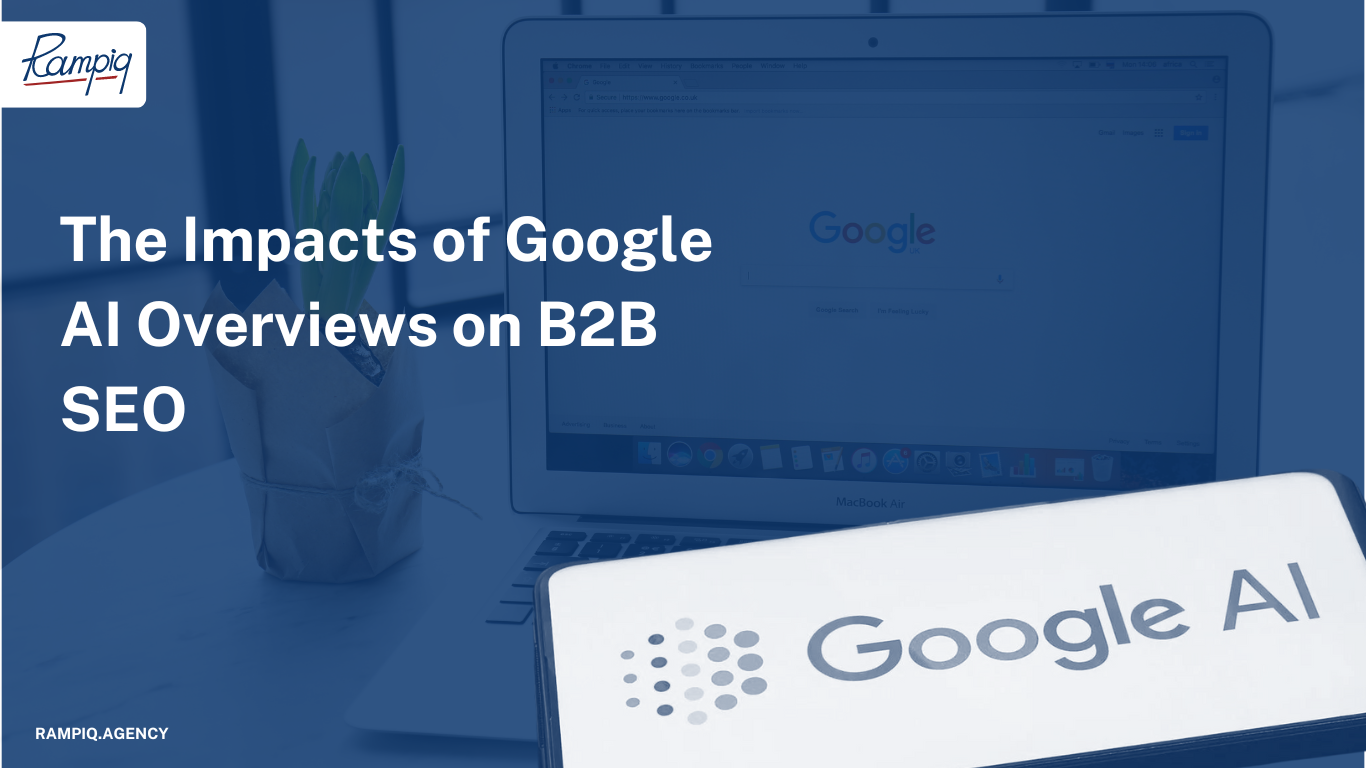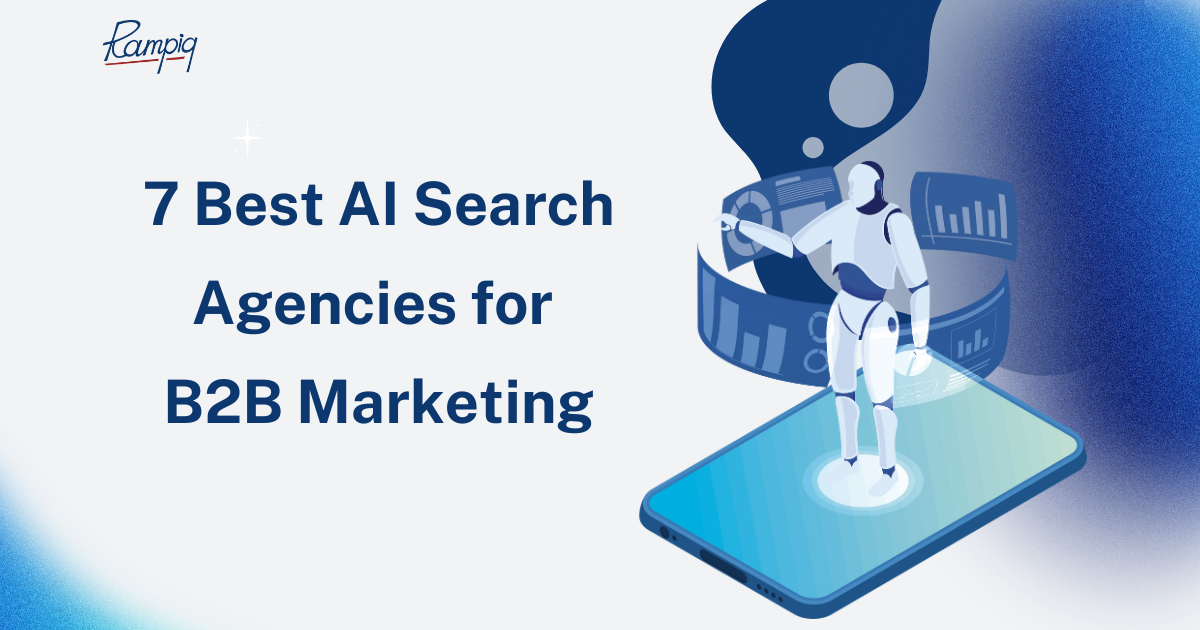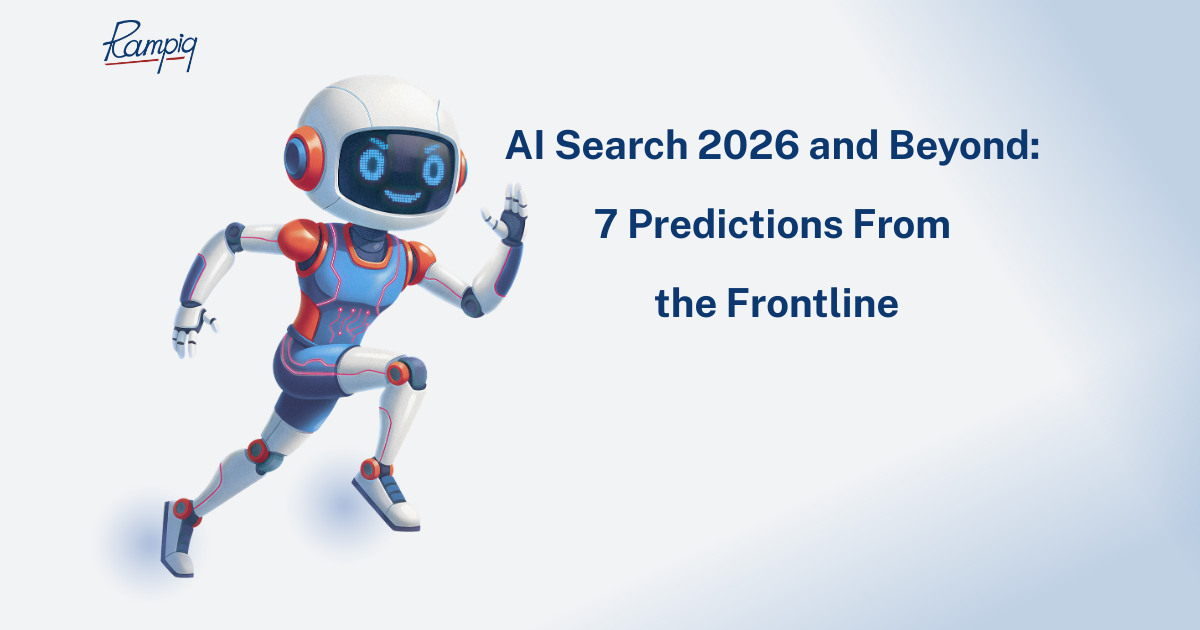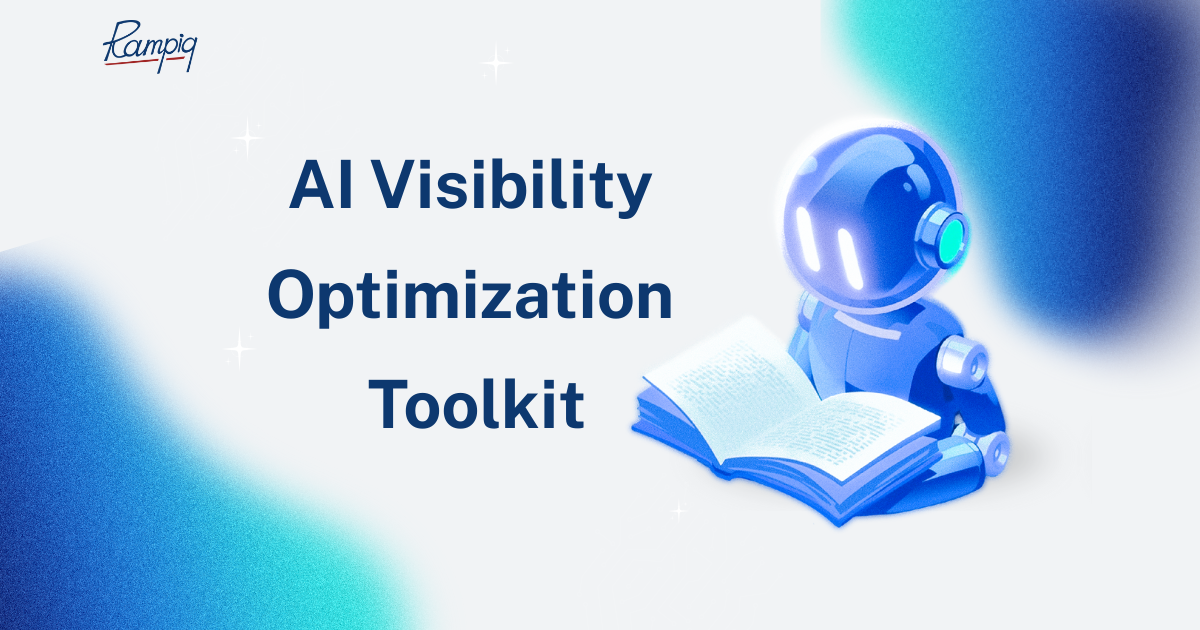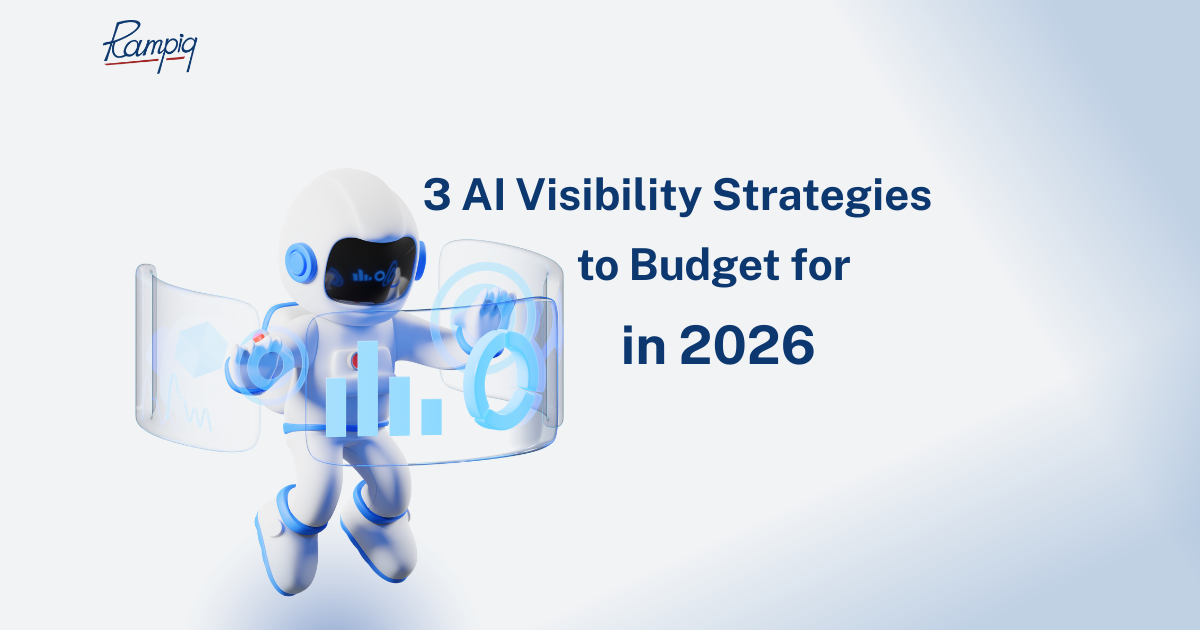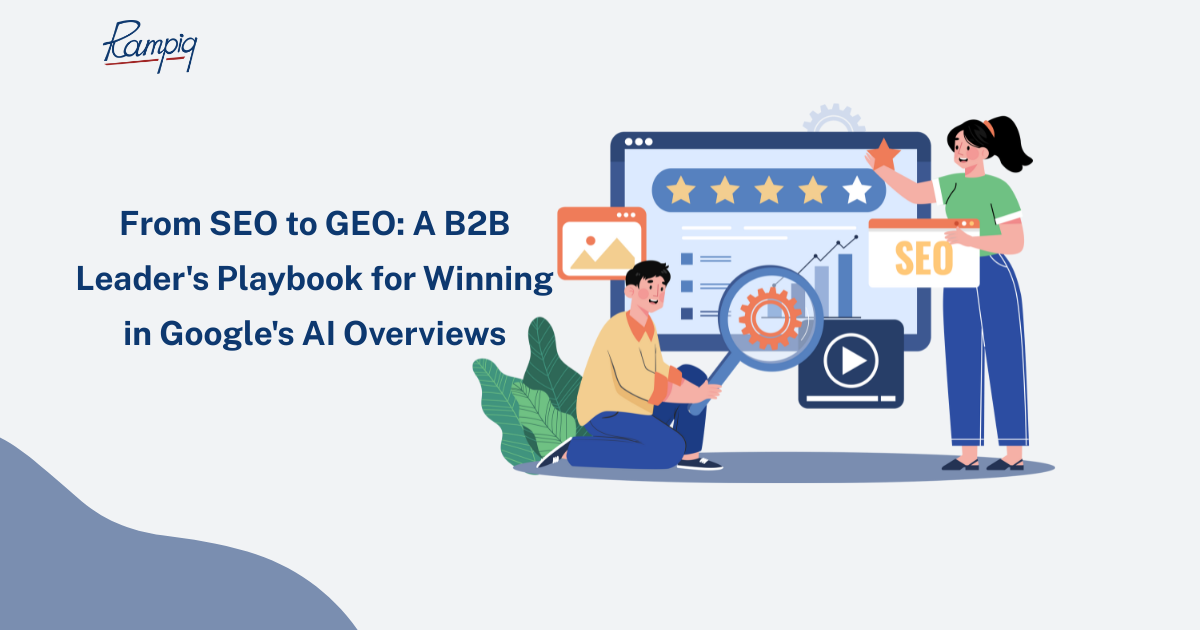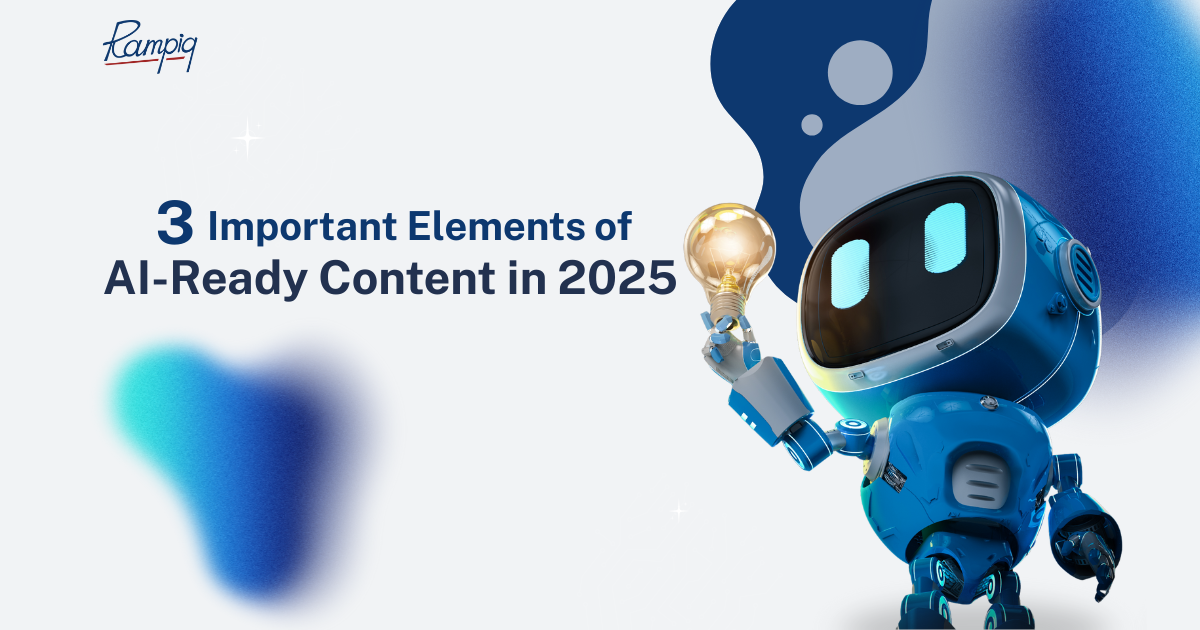The Negative Impacts
The rollout of AI Overviews and AI Mode has brought real challenges.
Zero-click searches are surging. Independent analysis, including Similarweb data reported by Search Engine Land, shows zero-click queries rising from about 56 percent to nearly 69 percent year-over-year by mid-2025. For queries where AI Overviews appear, the median zero-click rate is close to 80 percent. In practice, this means more searches end on Google itself, cutting publishers out of the traffic loop – especially for informational queries.
Brand safety risks are real. Several cases have surfaced where AI Overviews displayed misleading or harmful information, including fake customer-support numbers that led to financial losses. While Google has pledged fixes, businesses need to actively protect branded queries by publishing verified, official support content.
Attribution has gotten messy. Since June 2025, AI Mode traffic blends into “Web” totals in Search Console. While this gives total reach, it masks how much comes specifically from AI features. Teams should mark June 16–17 in their reporting calendars as a break point and adjust their performance tracking.
Shallow “what-is” content no longer pulls weight. Basic definitions are often fully answered in AI Overviews. Such content can still build brand familiarity, but it won’t drive reliable traffic. The better play is creating content that offers original data, detailed comparisons, or execution-level guides that AIO can cite and that users still need to open.
The Benefits
Despite these challenges, AI Overviews and AI Mode create opportunities for B2B SEO.
When your content is cited, clicks tend to be higher quality. Users who choose to click through are usually motivated to explore further, making them stronger prospects.
AI Overviews also open the door for new players. The “query fan-out” effect means Google can surface niche, highly relevant sources that classic top-10 rankings might have overlooked. For B2B companies, this can be a way to break past incumbents.
Finally, Google reports that people search more often on queries that trigger AI features. While CTR may drop on simple questions, increased search activity can offset some of that loss – especially if your content answers follow-up questions and supports task completion.
How AI Overviews Are Changing B2B Blogging
AI Overviews are reshaping what works in B2B blogging. Generic top-of-funnel explainers are losing traction, while content that helps users make decisions and take action is rising.
Winning content formats now include:
- Comparisons and decision aids: e.g., “X vs Y for SOC 2 compliance” with tables for cost, risks, and deployment effort.
- Implementation guides: checklists, step-by-step timelines, or integration caveats such as sandbox limits or data residency.
- Original contributions: benchmarks, customer data, calculators, or annotated screenshots that users can’t get elsewhere.
- Follow-up readiness: content that anticipates the next questions users will ask (pricing, contract terms, SLAs, required roles).
The bottom line: B2B companies must move past surface-level blogging and invest in depth, specificity, and originality.
Long-Term SEO Implications
Several long-term patterns are becoming clear.
- More searches, fewer shallow clicks: Query volume is rising, but AI Overviews satisfy many simple questions inline. Content that provides depth and unique insight will continue to earn traffic.
- Search and chat are converging: AI Mode is normalizing multi-turn exploration, so content needs to work as both a standalone answer and a citable step in a conversation.
- UX and clarity matter more: Fast, well-structured, scannable pages are better for users and more likely to be chosen by Google’s AI systems.
How to Optimize for AI Overviews
There is no special markup or schema to guarantee placement in AI Overviews. Success comes from making your content the most useful, verifiable, and scannable answer available.
Key practices include:
- Lead with concise answers: Start sections with a short, citation-ready summary, then expand.
- Ensure verifiability: Cite standards, original data, or authoritative sources.
- Show expertise (E-E-A-T): Use real bylines, credentials, data notes, and clear methods.
- Structure for scanning: Use H2/H3s, bullet points, tables, and labeled visuals.
- Keep technicals clean: Fast load times, mobile responsiveness, proper schema, and indexability are must-haves.
- Anticipate follow-ups: Address pricing, alternatives, and implementation hurdles in the same piece.
- Localize where needed: Publish region-specific content as AIO expands internationally.
Measuring the Impact
Adapting to AIO requires careful measurement.
- Annotate rollout dates, especially June 16–17, 2025, when AI Mode traffic began blending into Web totals.
- Track by query intent: Informational CTR will fall, but commercial and transactional queries often hold steady or rise.
- Sample the SERP monthly: Note whether AIO or AI Mode is triggered for your priority queries, and whether your content is cited.
- Use the Web filter: Benchmark performance under stripped-down, link-only results.
- Protect branded queries: Maintain verified support hubs with structured data to guard against misinformation.
Audit Your AI Visibility
We’ll analyze where AI Overviews are stealing or creating demand for your key queries and pages.
FAQs
What are the negative impacts of AI Overviews on SEO?
The main drawbacks are rising zero-click searches, messy attribution since AI Mode traffic is now blended into Web totals, and brand-safety risks when unreliable information (like fake support numbers) surfaces. Mitigation strategies include publishing verified support hubs, adding structured data, and focusing on content that provides intent-rich, verifiable answers.
How are AI Overviews affecting SEO for blogging?
Definition-style posts are underperforming, while actionable, evidence-backed posts that include comparisons, calculators, benchmarks, and implementation detail are far more likely to be cited and clicked.
What should B2B teams change first?
Prioritize answer-first, verifiable, and scannable content. Strengthen E-E-A-T signals by showing real expertise and credentials. Fix technical SEO issues and ensure your content anticipates follow-up questions on the same page.
How will Google AI Overviews affect SEO long-term?
Expect more overall queries but fewer shallow clicks. Traffic quality will improve because the visitors who do click are often more motivated and ready to act. Content needs to be prepared for multi-turn, conversational search journeys.
How can a site get into AI Overviews?
There’s no special schema or markup. The best way in is to provide clear, precise, and verifiable answers, supported by structured data, clean technical SEO, and strong expertise signals. Using tables, bullet points, and short, extractable statements also makes content easier for AI Overviews and AI Mode to cite.
What are the benefits of being cited in AI Overviews?
When your content is featured, clicks are often more qualified, since users clicking out of AIO tend to have deeper intent. AIO can also surface a broader range of sources than classic search rankings, giving specialized B2B content a chance to break through.
